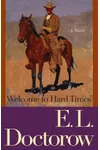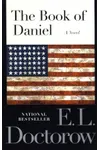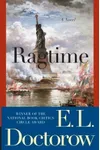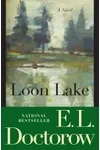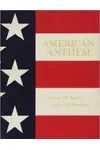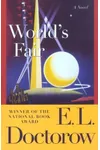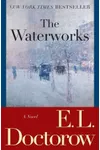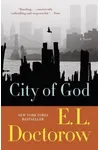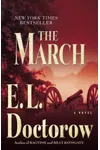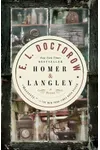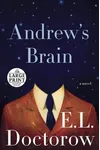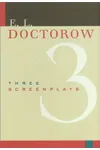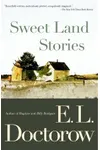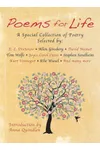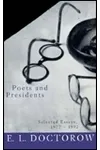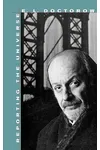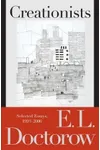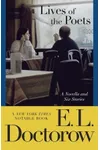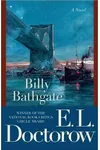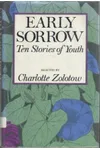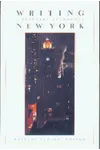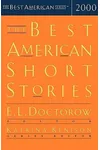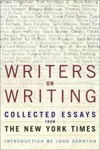Picture an American storyteller who wove history and fiction into spellbinding tales—meet E.L. Doctorow! Known for his vivid novels like Ragtime and Billy Bathgate, Doctorow brought the past to life with a flair that earned him a place among the 20th century’s literary giants. His stories, blending real events with imagined characters, invite readers into worlds both familiar and fantastical.
The Making of E.L. Doctorow
Born on January 6, 1931, in the Bronx, New York, Edgar Lawrence Doctorow grew up in a Jewish family surrounded by music and literature. Named after Edgar Allan Poe, he was destined for storytelling. After studying at Kenyon College and serving in the U.S. Army, Doctorow worked as a publisher, editing works by authors like Norman Mailer. This immersion in literature sparked his own writing career, with his first novel, Welcome to Hard Times, published in 1960.
E.L. Doctorow’s Unforgettable Stories
Doctorow’s genius lay in his ability to blend historical figures with fictional narratives, creating a genre often called 'historical fiction with a twist.' His 1975 novel Ragtime, set in early 20th-century New York, intertwines real-life figures like Harry Houdini with invented characters, exploring race, class, and progress. The book won the National Book Critics Circle Award and was adapted into a film and Broadway musical. Billy Bathgate (1989), a gritty tale of a Bronx teenager caught in the mob world of Dutch Schultz, earned praise for its vivid prose and was also adapted into a film. The March (2005), which follows General Sherman’s Civil War campaign, showcases Doctorow’s knack for capturing the chaos and humanity of history. His style—lyrical, witty, and deeply empathetic—made complex historical moments accessible and engaging.
Doctorow’s works often tackled American identity, social change, and the power of storytelling itself. He didn’t just write history; he reimagined it, inviting readers to question the past and its impact on the present. His novels, short stories, and essays reflect a lifelong curiosity about how people navigate turbulent times.
Why E.L. Doctorow Matters
E.L. Doctorow’s influence stretches beyond his books. As a professor at New York University, he inspired generations of writers to blend fact and fiction with courage. His works, translated into over 30 languages, continue to captivate readers worldwide. Doctorow’s ability to humanize history—showing its messiness, humor, and heart—remains unmatched. After his passing in 2015, his legacy endures through adaptations, literary discussions, and readers who find timeless truths in his pages.
- About E.L. Doctorow
- Born: January 6, 1931, in the Bronx, New York
- Key Works: Ragtime, Billy Bathgate, The March
- Awards: National Book Critics Circle Award, PEN/Faulkner Award, National Humanities Medal
- Died: July 21, 2015
Ready to step into a world where history dances with imagination? Grab Ragtime and dive into E.L. Doctorow’s masterful storytelling!
